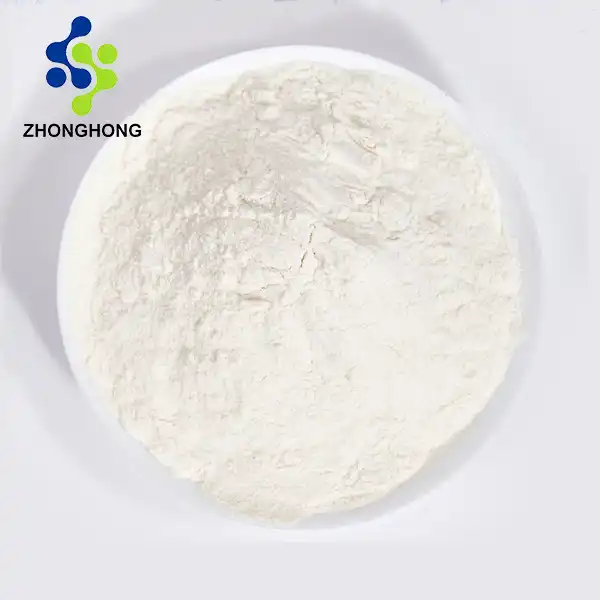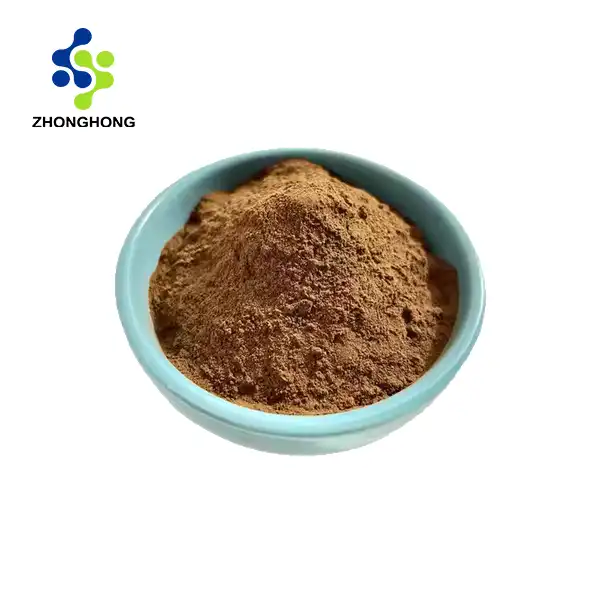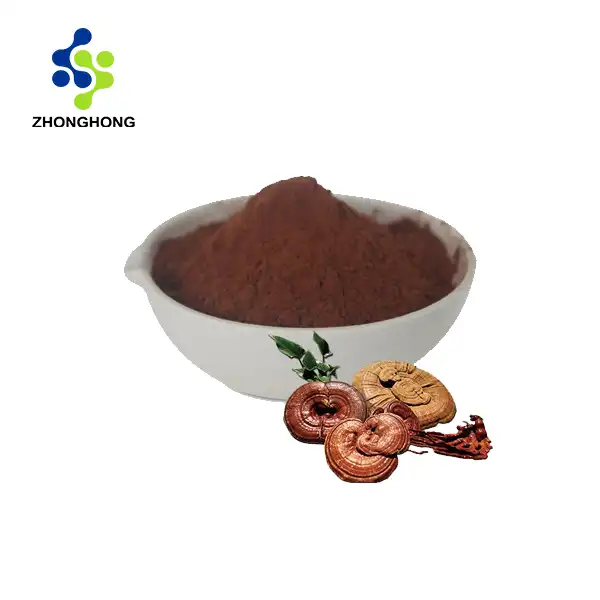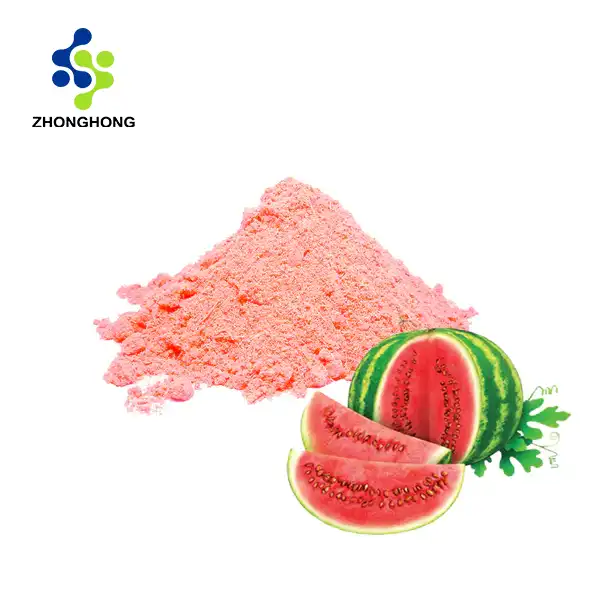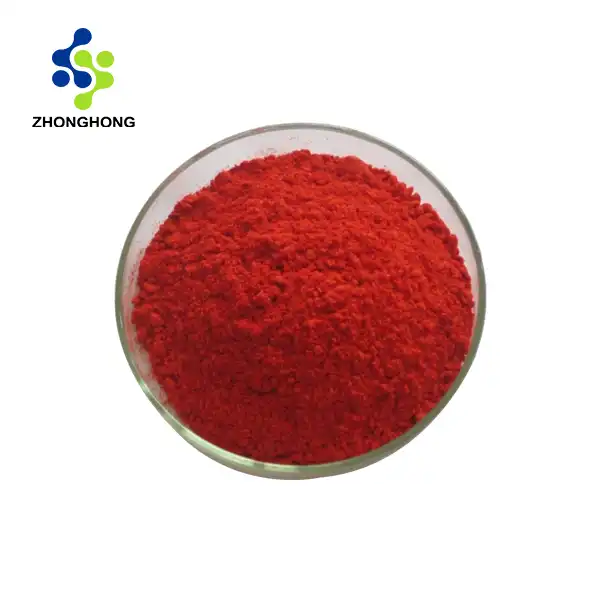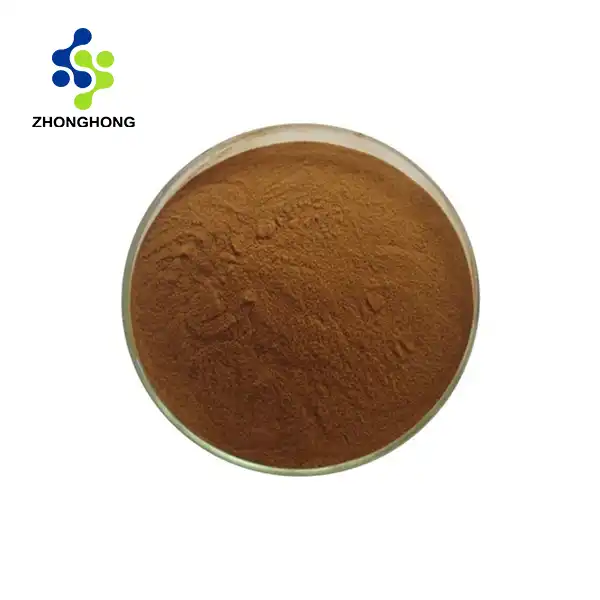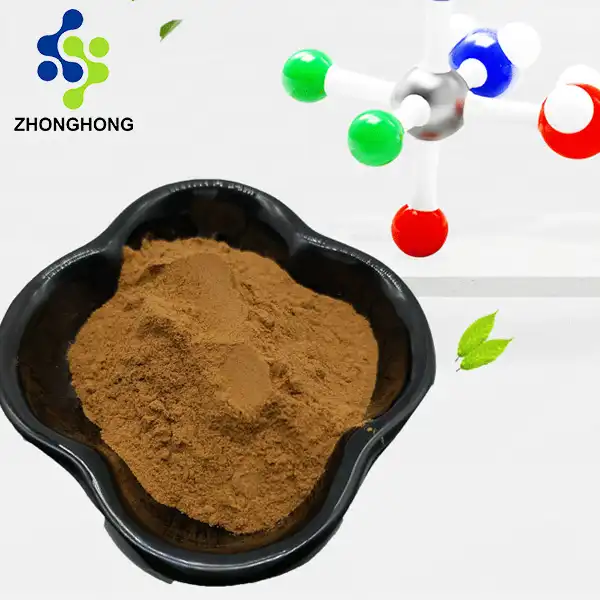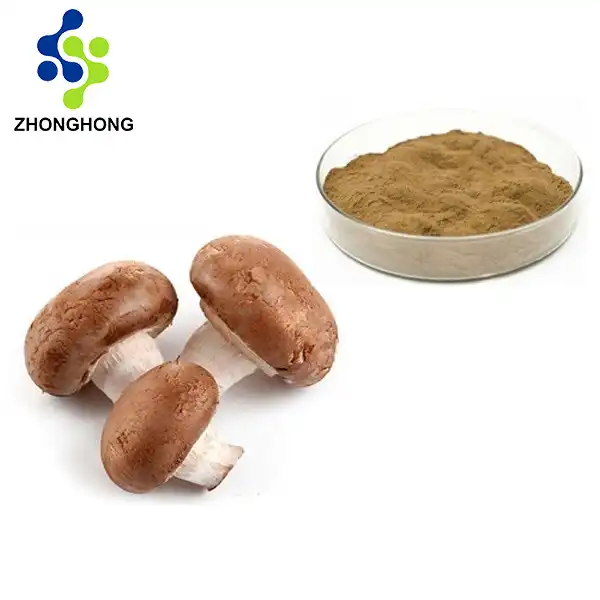Olive Leaf Extract: Uses and Side Effects
2024-12-24 19:15:42
Olive leaf extract, derived from the leaves of the olive tree (Olea europaea), has gained popularity in recent years for its potential health benefits. This natural supplement is rich in polyphenols, particularly oleuropein, which is believed to possess antioxidant, anti-inflammatory, and antimicrobial properties. As interest in natural remedies continues to grow, many people are turning to olive leaf extract as a potential solution for various health concerns. In this comprehensive guide, we'll explore the common uses of olive leaf extract, its potential side effects, and whether it's safe for daily consumption. By understanding both the benefits and risks associated with this supplement, you can make an informed decision about incorporating it into your wellness routine.
Common Uses of Olive Leaf Extract in Wellness
Supporting Cardiovascular Health
One of the most well-known applications of olive leaf extract is its potential to support heart health. Research suggests that the polyphenols in olive leaf extract may help maintain healthy blood pressure levels and improve cholesterol profiles. The antioxidant properties of olive leaf extract may also protect the cardiovascular system from oxidative stress, which is a key factor in heart disease development.
Boosting Immune Function
Olive leaf extract has been studied for its potential to enhance immune system function. The olive leaf extract powder contains compounds that may help stimulate the production of white blood cells, which are crucial for fighting off infections and diseases. Some research indicates that olive leaf extract may have antiviral properties, potentially helping to combat common illnesses like the flu and cold.
Managing Blood Sugar Levels
Another promising area of research for olive leaf extract is its potential to support healthy blood sugar levels. Some studies have shown that organic olive leaf powder may help improve insulin sensitivity and glucose metabolism, which could be beneficial for individuals with or at risk of developing type 2 diabetes. However, more research is needed to fully understand the mechanisms and long-term effects of olive leaf extract on blood sugar control.
Potential Side Effects of Olive Leaf Extract
Digestive Discomfort
While generally well-tolerated, some individuals may experience digestive issues when taking olive leaf extract. These can include mild stomach upset, nausea, or diarrhea. To minimize the risk of digestive discomfort, it's recommended to start with a lower dose and gradually increase it over time. Taking olive leaf extract powder with food may also help reduce the likelihood of experiencing these side effects.
Interactions with Medications
One of the most important considerations when using olive leaf extract is its potential to interact with certain medications. Due to its effects on blood pressure and blood sugar, olive leaf extract may interact with medications used to treat hypertension and diabetes. Additionally, it may interact with blood thinners and medications that suppress the immune system. It's crucial to consult with a healthcare provider before adding olive leaf extract to your regimen, especially if you're taking any prescription medications.
Allergic Reactions
Although rare, some individuals may be allergic to olive leaf extract. Symptoms of an allergic reaction can range from mild (such as itching or rash) to severe (such as difficulty breathing or swelling of the face and throat). If you have a known allergy to olives or olive products, it's best to avoid olive leaf extract. Anyone experiencing signs of an allergic reaction should discontinue use immediately and seek medical attention.
Is Olive Leaf Extract Safe for Daily Use?
Recommended Dosage Guidelines
The safety of olive leaf extract for daily use largely depends on the dosage and individual factors. While there is no universally established dosage, many studies have used doses ranging from 500 to 1000 mg per day. It's important to note that the concentration of active compounds can vary between products, so always follow the manufacturer's recommendations or consult with a healthcare provider for personalized advice. Starting with a lower dose and gradually increasing it can help minimize the risk of side effects while allowing your body to adjust to the supplement.
Long-term Safety Considerations
Research on the long-term safety of olive leaf extract is limited, but it has been used traditionally for centuries without significant reported adverse effects. However, as with any supplement, it's important to be aware of potential risks associated with prolonged use. Some studies suggest that extended use of high doses of olive leaf extract may lead to mineral deficiencies, particularly calcium and zinc. To mitigate this risk, it may be beneficial to cycle the use of olive leaf extract or take periodic breaks from supplementation.
Who Should Exercise Caution?
While olive leaf extract is generally considered safe for most adults when used as directed, certain groups should exercise caution or avoid its use altogether. Pregnant and breastfeeding women should consult with their healthcare provider before using olive leaf extract, as there is insufficient data on its safety in these populations. Individuals with low blood pressure or those taking medications to lower blood pressure should monitor their levels closely if using olive leaf extract. People with autoimmune conditions should also consult their doctor, as olive leaf extract may stimulate the immune system.
Conclusion
Olive leaf extract offers a range of potential health benefits, from supporting cardiovascular health to boosting immune function. While generally safe for most adults, it's important to be aware of possible side effects and interactions. As with any supplement, it's best to consult with a healthcare professional before adding olive leaf extract to your daily routine. If you want to get more information about this product, you can contact us at liaodaohai@gmail.com.
References
1. Omar SH. Oleuropein in olive and its pharmacological effects. Sci Pharm. 2010;78(2):133-154.
2. Susalit E, Agus N, Effendi I, et al. Olive (Olea europaea) leaf extract effective in patients with stage-1 hypertension: comparison with Captopril. Phytomedicine. 2011;18(4):251-258.
3. de Bock M, Derraik JG, Brennan CM, et al. Olive (Olea europaea L.) leaf polyphenols improve insulin sensitivity in middle-aged overweight men: a randomized, placebo-controlled, crossover trial. PLoS One. 2013;8(3):e57622.
4. Kontogianni VG, Gerothanassis IP. Phenolic compounds and antioxidant activity of olive leaf extracts. Nat Prod Res. 2012;26(2):186-189.
5. Visioli F, Galli C. Biological properties of olive oil phytochemicals. Crit Rev Food Sci Nutr. 2002;42(3):209-221.
6. Vogel P, Kasper Machado I, Garavaglia J, et al. Polyphenols benefits of olive leaf (Olea europaea L) to human health. Nutr Hosp. 2014;31(3):1427-1433.
_1728976869676.webp)
